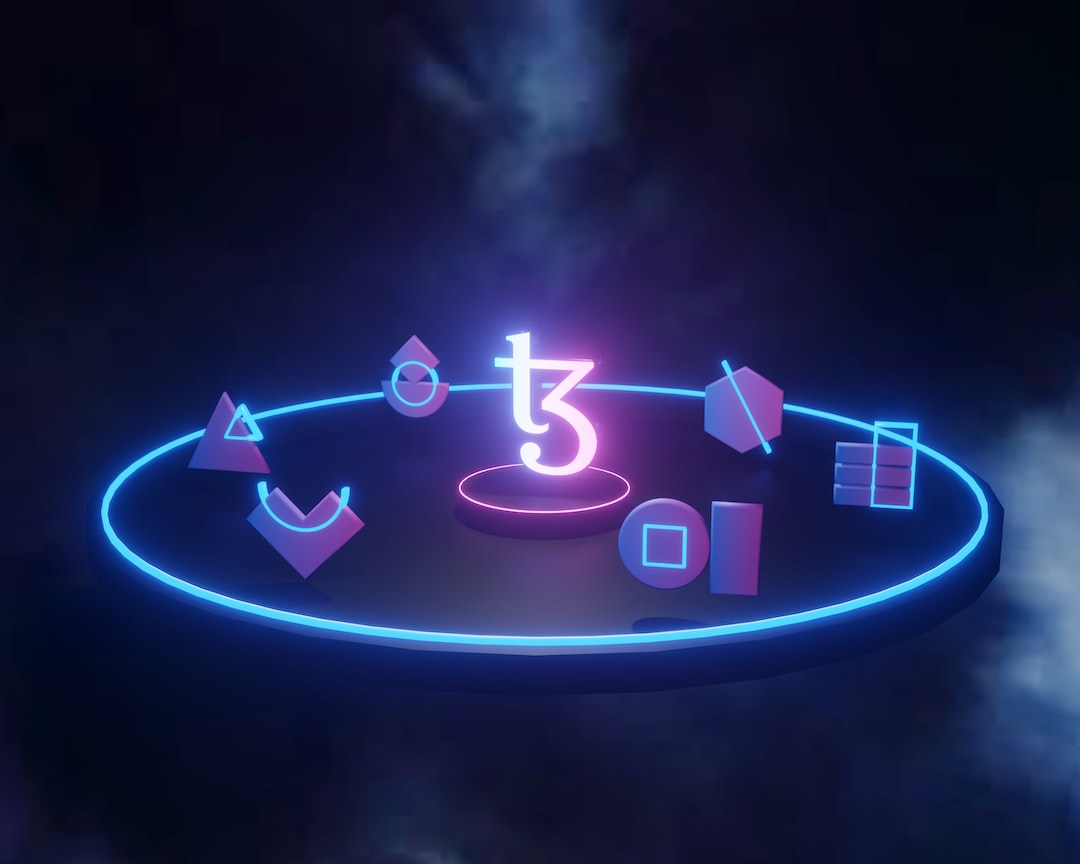Ethereum Block Builders Comply with OFAC Sanctions, Raising Censorship Concerns
A recent report reveals that five out of the six largest Ethereum block builders are complying with the United States Office of Foreign Asset Control (OFAC) sanctions. The report, published by Ethereum researcher and data analyst Toni Wahrstätter, highlights a surge in censorship over the past few months.
OFAC-compliant blocks are those that exclude transactions involving parties sanctioned by the U.S. Treasury Department’s Office of Foreign Assets Control. Following the government’s sanctions on Tornado Cash transactions for U.S. citizens in August, the majority of blocks added to the blockchain have adhered to OFAC compliance.
Ethereum’s Growing Censorship Concerns
Wahrstätter’s post emphasizes the various layers of censorship within the PBS stack. Validators have the ability to selectively include or exclude transactions in blocks, while relays can filter blocks based on specific rules. Additionally, builders can simply omit certain transactions.
Addressing this issue is crucial for maintaining political neutrality in blockchains. Decentralization is a fundamental principle to prevent any single entity from having control over a significant portion of a blockchain’s content, as centralization at any layer can harm the entire ecosystem.
May it shed light onto the extent of censorship and guide us towards implementing practical solutions for enshrining a strong form of censorship resistance.
More info 👇 pic.twitter.com/zyau9L3W1h
— Toni Wahrstätter 🦇🔊 (@nero_eth) September 26, 2023
Several potential solutions were highlighted in the post to address this censorship issue. Inclusion lists can provide censoring entities with deniability for including OFAC-sanctioned transactions or force them to exit the ecosystem if they refuse to comply. Encrypted Mempools, which encrypt transaction data while still unconfirmed, can also be utilized to make it impossible for censoring parties to target transactions based on their content.
Currently, Titan Builder is the only major block builder that still includes OFAC-sanctioned transactions, particularly those associated with Tornado Cash, in their blocks.
OFAC Compliance Among Ethereum Block Builders
Following OFAC’s sanctions on Tornado Cash, there was significant debate within the Ethereum community regarding whether validators should include these transactions. Since then, there has been a push for a reversal of censorship.
A March report from MEV Watch revealed that nearly one in three blocks added to the Ethereum blockchain within a week were deemed OFAC compliant. This means that approximately 30% of blocks did not include transactions subject to OFAC sanctions, specifically those involving Tornado Cash.
Prior to this, Ethereum validators censored around 50% of blocks that made it onto the blockchain. The last time censorship levels were this low on Ethereum was on September 24, 2022.
Hot Take: Ethereum Censorship Concerns Raised as Block Builders Comply with OFAC Sanctions
The recent report highlighting the compliance of Ethereum block builders with OFAC sanctions has raised concerns about growing censorship within the network. The surge in censorship, as evidenced by the majority of blocks adhering to OFAC compliance, underscores the need to address this issue.
Ensuring censorship resistance is crucial for maintaining political neutrality and upholding the decentralization principle in blockchains. Various solutions, such as inclusion lists and encrypted Mempools, have been proposed to mitigate this problem.
While progress has been made with some relays, it is important for all builders to reconsider their compliance with OFAC sanctions. The Ethereum community’s push for a reversal of censorship demonstrates the commitment to preserving an open and neutral network.
Source: CryptoPotato





 By
By
 By
By
 By
By
 By
By
 By
By
 By
By